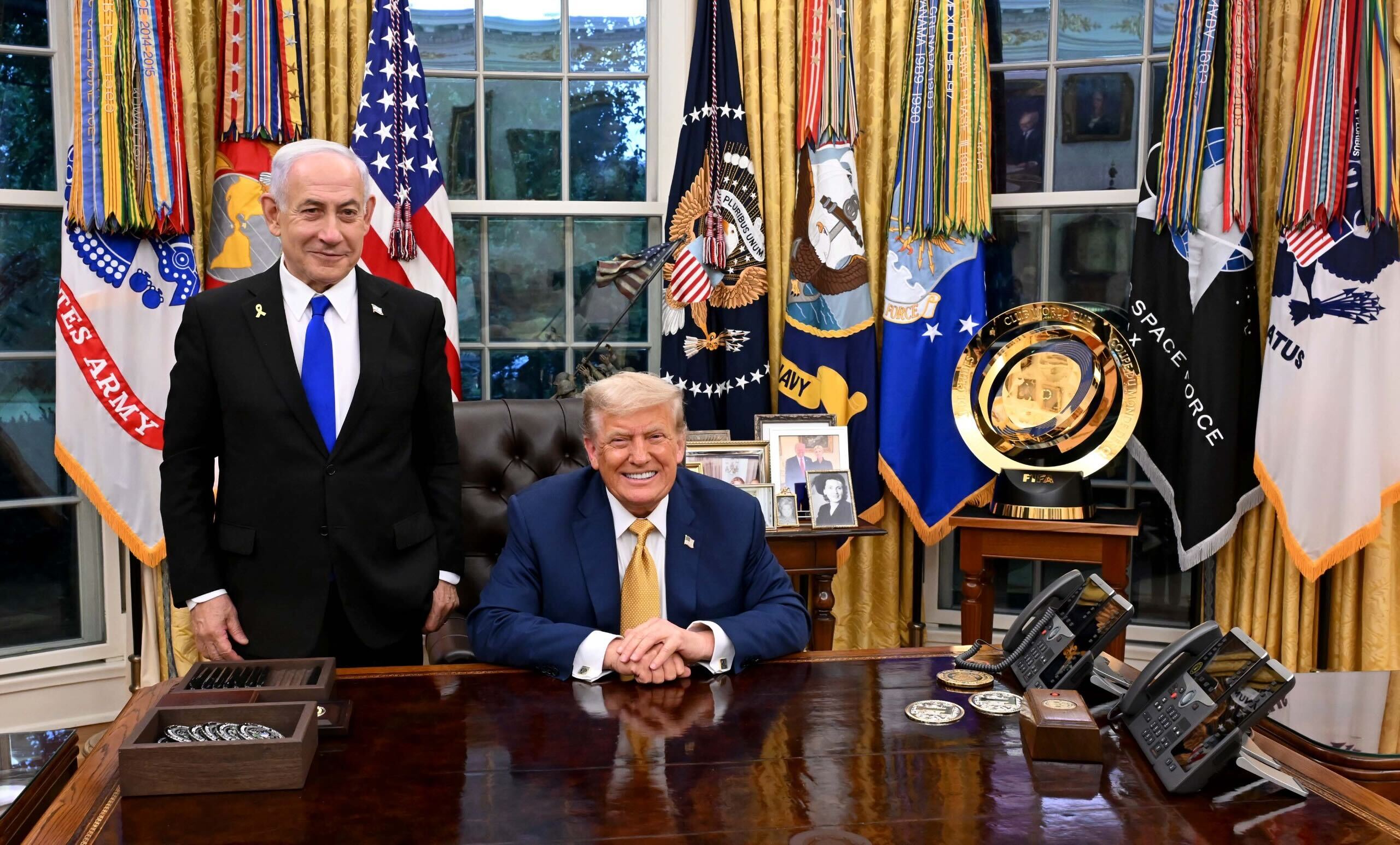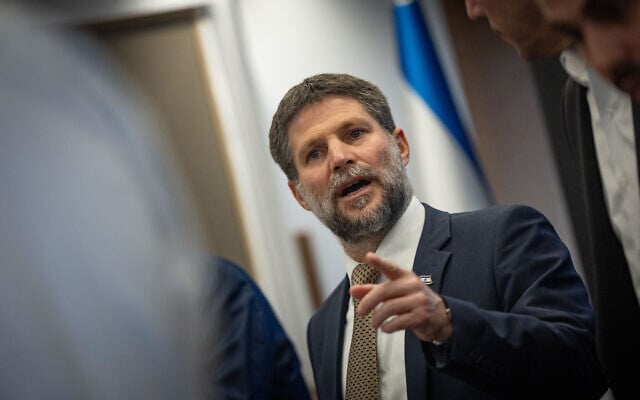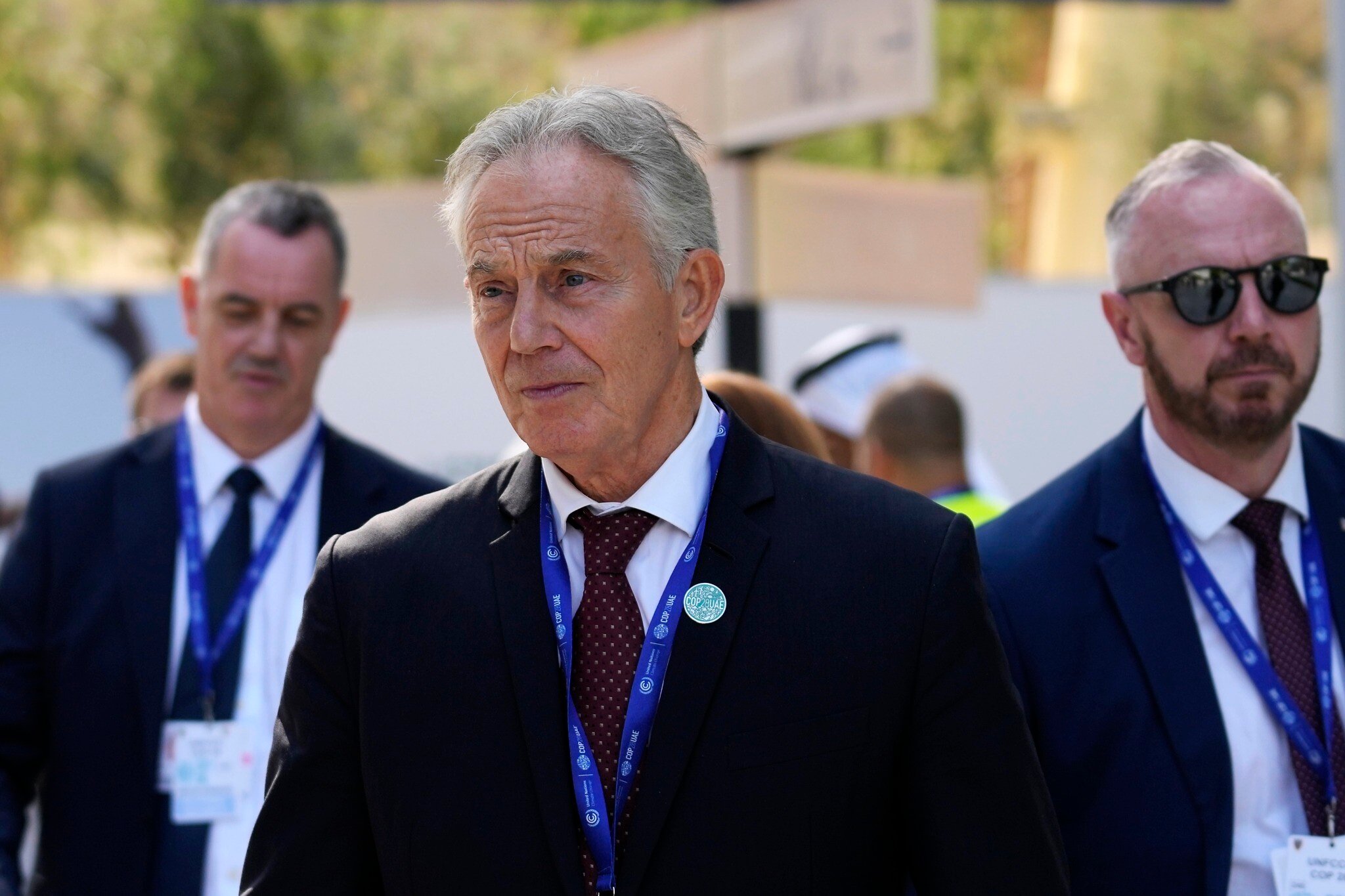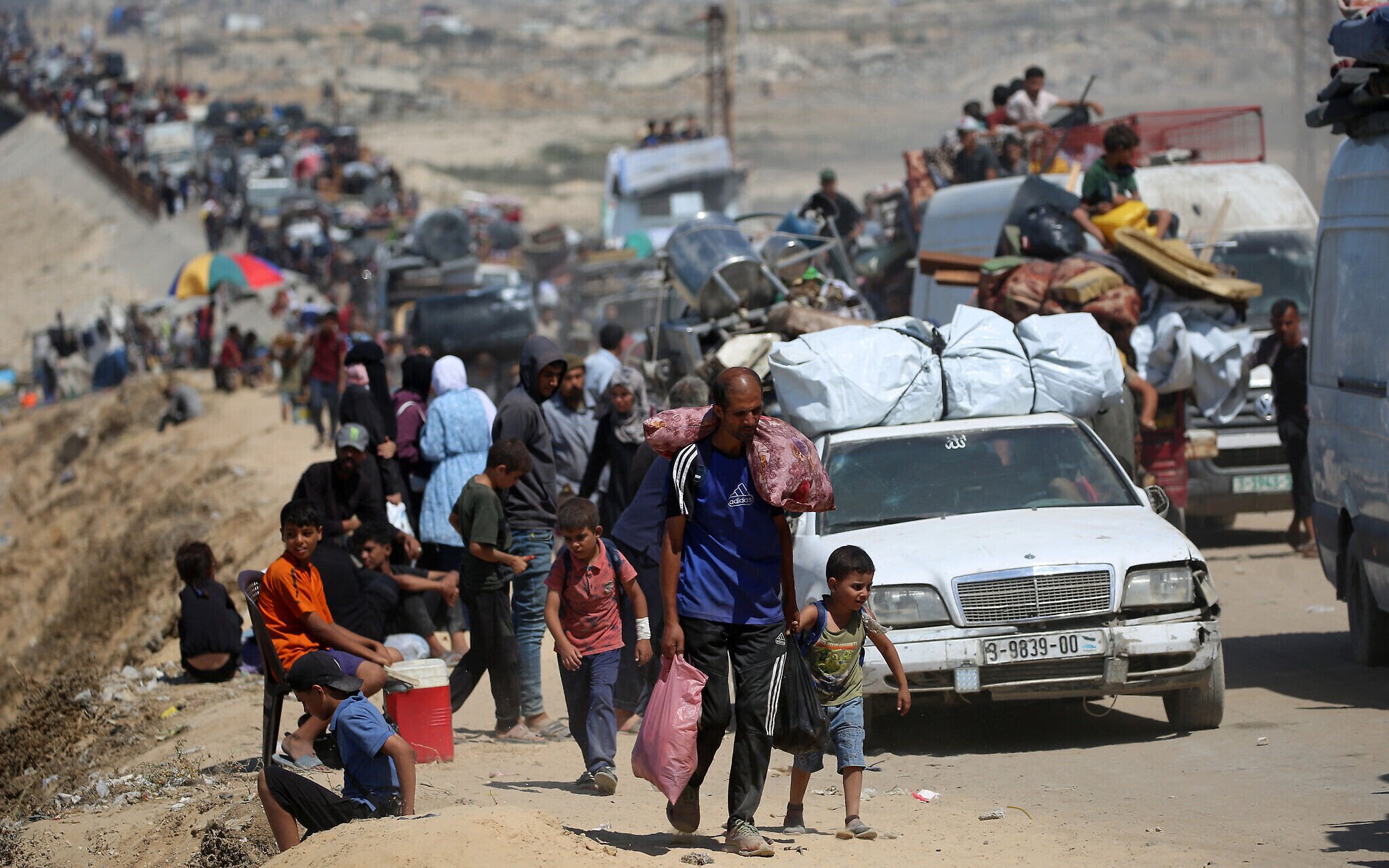

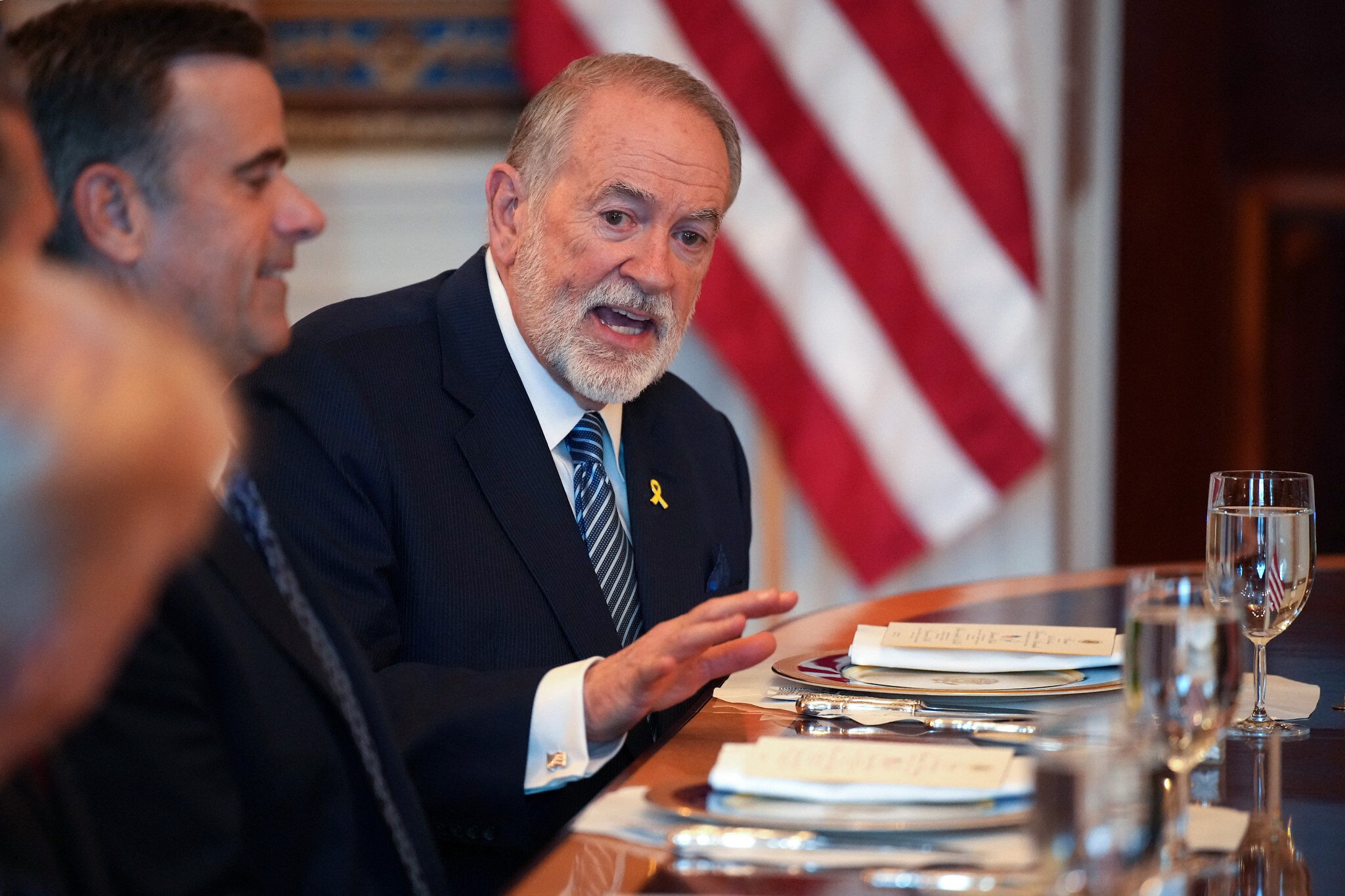
The United States has held talks with Gulf Arab states about the possibility that they could administer the Gaza Strip once the war there is over, US Ambassador to Israel Mike Huckabee told Reuters on Friday.
Huckabee said there had been conversations around an interim governing structure involving Gulf Arab states, potentially with the US taking on a supervisory role, with a decision on a permanent arrangement to be made later.
“It’s a discussion. It’s not something that has been accepted by the administration, by Israel, by anyone. I’m not familiar with anything that is ready for signature,” he said.
Huckabee did not say when the talks took place or which Gulf states had been involved. The Gulf states did not immediately respond to requests for comment outside normal business hours.
Axios reported in July that the US was in talks with Israel and the United Arab Emirates on a post-war plan for Gaza that would see the UAE contribute troops to a peacekeeping mission.
Arab states have long conditioned their involvement in the post-war management of Gaza on being invited by the Palestinian Authority as part of a pathway to the establishment of a unified Palestinian state in the West Bank and Gaza.
But Prime Minister Benjamin Netanyahu has long rejected efforts to let the PA gain a foothold in Gaza. The Strip has been administered by Hamas since the terror group ousted forces loyal to PA President Mahmoud Abbas in 2007.
After nearly two years of war in Gaza, Israel has not clearly outlined how it would want the Strip to be governed, although there is broad international consensus that Hamas cannot remain in charge.
Huckabee said the US would not join any plan with the PA if it continues making payments to individuals and families involved in terror attacks — though the PA announced that it was ending the policy months ago.
“Why would we push something that violates our own law? We’re never going to do that,” said Huckabee in an interview.
He also called on Hamas to “give up.” Israel has demanded Hamas disarm as a condition for ending the war, and the terror group has acknowledged that it will no longer govern Gaza once the fighting ends, but has refused to discuss disarmament.
“They have to give up. They can’t continue to think that they have a future,” said Huckabee of Hamas, speaking at the US Embassy in Jerusalem.
He also said he was not aware of Israel-US talks on dividing up Gaza that were cited this week by Finance Minister Bezalel Smotrich, who also serves as a minister in Israel’s Defense Ministry.
Smotrich, who wants to annex the Strip, said the US and Israel were negotiating how to divvy up the “real estate bonanza” after the war — echoing language used by US President Donald Trump in February, when the US president vowed to take over the “big real estate site” and oust its residents.
Trump — who first gave legitimacy to the concept of “voluntary migration” when he announced his plan to take over Gaza and permanently relocate the Strip’s entire population — has since distanced himself from the idea.
Huckabee said former British prime minister Tony Blair was working on a plan for post-war Gaza, though he was not aware of the details.
The Times of Israel earlier this week revealed the plan, which seeks to establish a postwar transitional body to govern the Gaza Strip until it can be handed over to the Palestinian Authority.
Meanwhile, asked what message US Secretary of State Marco Rubio delivered on the IDF’s new Gaza City offensive during his visit to Israel this week, Huckabee said Washington recognized that “Israel has to do what it has to do to get its hostages back and end the war.”
The military confirmed this week that it had commenced the ground invasion of the city. Some 480,000 residents of the city, which has roughly one million residents, have heeded the IDF’s call to flee, according to military estimates.
A vast majority of Gaza’s roughly 2 million residents have been displaced at least once since the war there was sparked by the Hamas onslaught of October 7, 2023.
Aid agencies have warned that the Gaza City offensive will deepen the humanitarian crisis there. The city is currently facing a famine, according to a UN report last month that Israel has rejected.
The IDF has also reportedly advised the government against the operation, saying it will endanger troops and the remaining hostages.
Jacob Magid contributed to this report.


